Mackesy P. The War for America, 1775-1783
Подождите немного. Документ загружается.

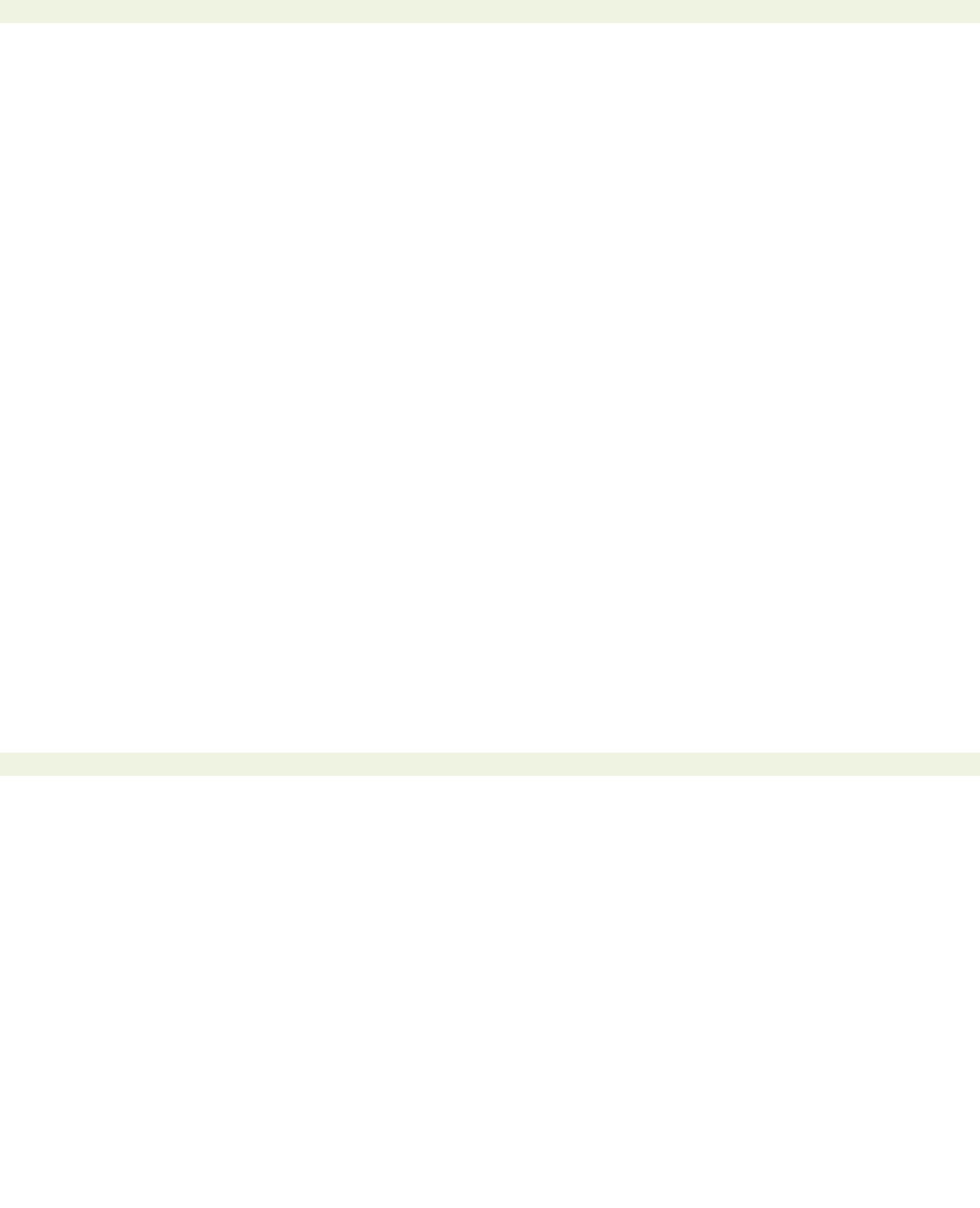
page_303
file:///C:/Users/User/AppData/Local/Temp/Rar$EX01.335/The%20War%20for%20America%20%201775-1783/files/page_303.html[1/17/2011 2:27:05 PM]
< previous page page_303 next page >
Page 303
or attempting to be done, no attention to the necessary arrangements at home, none to Ireland, nothing to India, and
very little I fear to foreign affairs, a Cabinet totally disjointed, hating I may say, but I am sure not loving each
other, never acting with union even when they meet, looking forward with anxiety to the moment of their parting,
can never do, can never direct the great affairs of the Kingdom. . . . Indeed my dear Sir it must blow up.' North still
had spirits enough for eating and amusements, but none for business; and when he was pressed to deal with Ireland
and India he complained that all his time was taken up in the Treasury, and 'fell into one of his distressing fits'. His
temper seemed so altered that Robinson had much to endure from him.1
The King knew that he might be forced to approach sections of the Opposition, and in the autumn he actually drew
up instructions for Thurlow to open negotiations. But he was still convinced that North could survive if he wished
to. He must cast off his indecision, answer letters, canvas measures thoroughly before he launched them, and then
push them through with decision. The will to survive was the King's; and by holding the Ministry together he
harnessed the fortunes of the monarchy to the broken spirit of North.
For a moment North grew more cheerful. He seemed willing to go on, and two of his friends were appointed to
replace Gower and Weymouth: Lord Hillsborough to the Southern Department, and Lord Bathurst to the Lord
Presidency. So, with Stormont at the Northern Department, the patching of the Ministry was complete. But it added
little political strength or administrative talent. Bathurst had been the least able Chancellor of the century and was
now old and frail. Hillsborough was a King's Friend with a long career of public service; but though George III
liked his creed he thought less of his abilities. 'I do not know a man of less judgment', he wrote; and summing up
his servants after the fall of the Ministry: 'Lord Hillsborough always put things off to the last minute, and though
an amiable man [was] the least a man of business I ever knew.'2 The ablest of the new men was Stormont, a good
scholar who spoke with grasp and precision. But his manner was stiff and constrained, and he lacked the political
experience to lead in the House of Lords or the personality to dominate a crisis.
This was the team with which North went forward into the most difficult parliamentary session of his career. As
November drew on his spirits drooped again, and he began to talk of his inadequacy and the need to retire while
1 Add. MSS. 38212, ff. 578, 612, 2012.
2 Abergavenny, 15; G 3588.
< previous page page_303 next page >
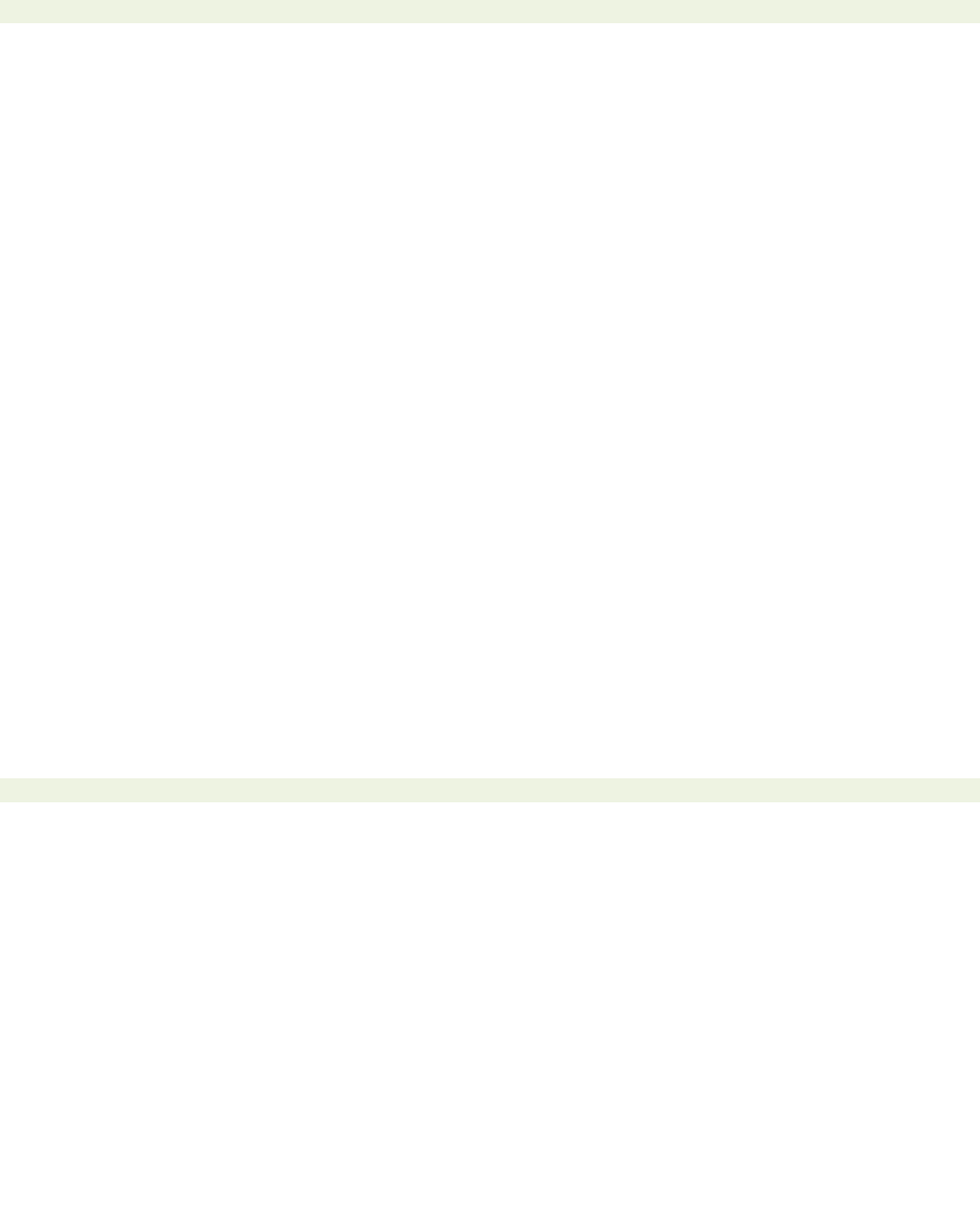
page_304
file:///C:/Users/User/AppData/Local/Temp/Rar$EX01.335/The%20War%20for%20America%20%201775-1783/files/page_304.html[1/17/2011 2:27:06 PM]
< previous page page_304 next page >
Page 304
the going was good. The difficulty as always was to know if he meant it. The King was mystified, and even
Jenkinson believed for a moment that he would resign. But more cheerful thoughts broke through. 'I look upon all
this', Jenkinson told the King, 'as nothing permanent, but as a disease of the mind, which goes and comes; and
which as long as it lasts, is very unpleasant to those who have anything to do with him.'1 Robinson's accounts of
the distracted Prime Minister were certainly alarming; but Jenkinson thought there was more duplicity in North
than Robinson allowed. He suspected that the Prime Minister's aim was to be able to say that the King had
prevented him from retiring, and thus to throw the blame for every calamity on the royal shoulders.
On 1 December North was brought to the point of declaring that he would retire so that the Ministry could be
broadened. Thurlow was unleashed, and approached Shelburne: he was repelled with contempt. The Opposition
had good reason to despise the offer; for at that moment the neglected Irish problem came home to roost. The
Lord-Lieutenant had sent over a mass of statistics in the summer so that the troubles of the Irish economy could be
examined in London. But the idea of opening markets to Irish goods aroused a storm of opposition from the
English manufacturing towns; and North promptly turned his back on the difficulty. In August and September
Robinson failed completely to make him tackle it, and it was not till Gower resigned and Thurlow bared his teeth
that the papers from Dublin were examined. In October work was begun in earnest by Robinson and Jenkinson; yet
still neither they nor North treated the question as seriously as it deserved. Still North ridiculed the vagueness of
the Irish demand for free trade as though no data had reached him; and still Robinson complained of the Lord-
Lieutenant frittering away his majority in the Irish Parliament. On 15 November rioting broke out in Dublin. For
two days the Crown's supporters were not safe in the streets. There was talk of challenging the ban on Irish wool
imports with a shipment; and the situation was rapidly drifting towards a Boston Tea Party.2
Behind the movement stood the Volunteers. The summer's threat of invasion had produced a spontaneous
Volunteer movement throughout Ireland. With some diffidence the Government had supplied them with arms, and
a force was created whose opinions carried more weight than subservient votes in Dublin. Squeezed between
English Protectionists and Irish Volunteers, the Ministry yielded to force. On 5 December the Cabinet resolved to
grant concessions so generous that even the Irish were surprised. Papers which should have been studied months
before were digested in a
1 G 2854.
2 See Butterfield, George III, Lord North and the People, Chap. IV.
< previous page page_304 next page >
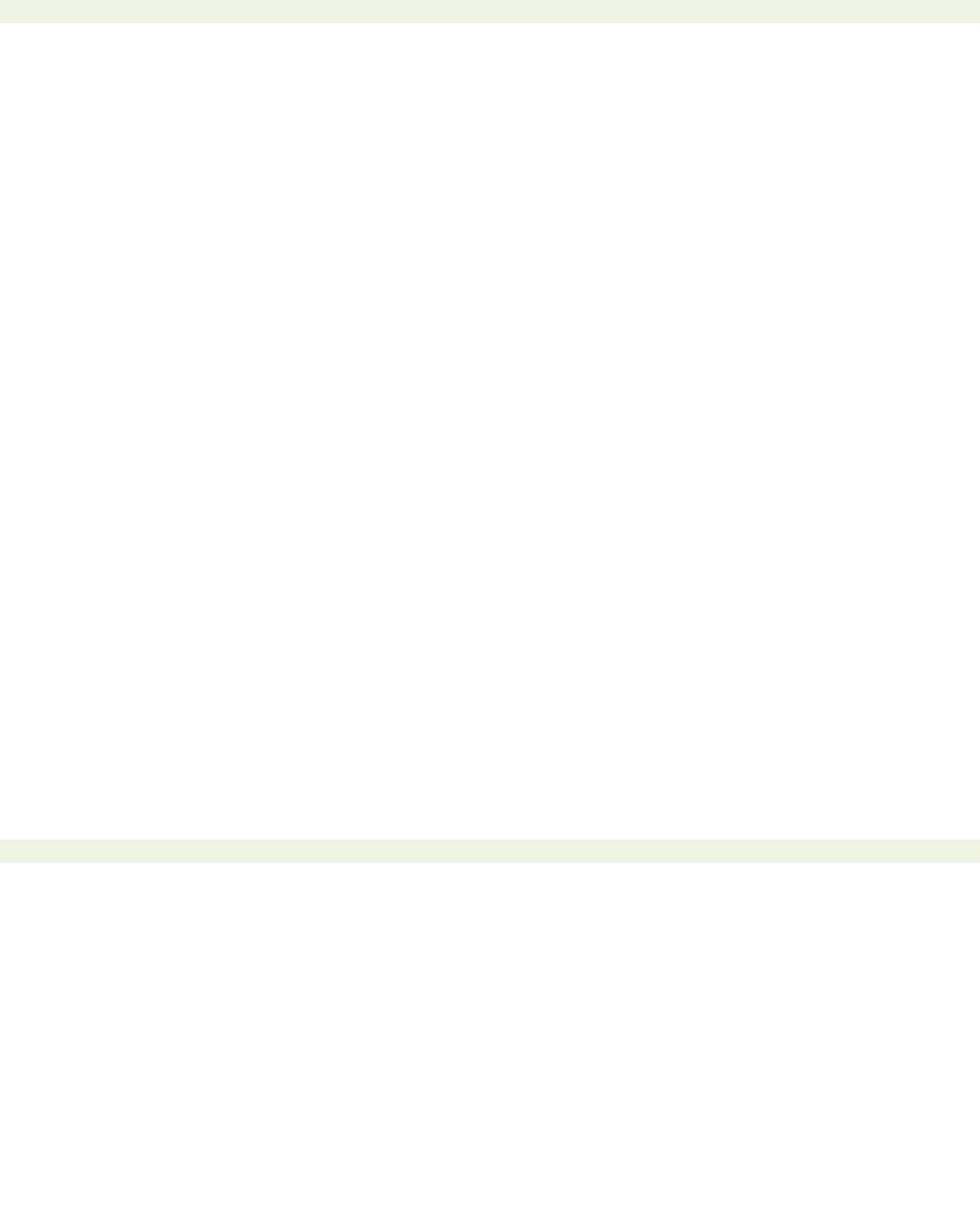
page_305
file:///C:/Users/User/AppData/Local/Temp/Rar$EX01.335/The%20War%20for%20America%20%201775-1783/files/page_305.html[1/17/2011 2:27:06 PM]
< previous page page_305 next page >
Page 305
feverish rush, and on the 13th the bill was introduced. But commercial concessions were no longer enough.
Already Grattan was leading the Irish on in the wake of America with a demand for legislative independence.
Nor did concessions to Ireland silence the English Opposition. North's apathy had allowed the Ministry to drift into
their enemies' net. 'Damn him,' said Thurlow, 'nothing can goad him forward, he is the very clog that loads
everything.'1
From the beginning of the session Rockingham and Shelburne had been assailing the system by which George III
underpinned the toppling Ministry. In the efforts of Jenkinson and Robinson they professed to find a secret and
unconstitutional influence at work to increase the power of the Crown. In the Commons Fox rose to a crescendo of
intemperate denunciation which was to do lasting damage to his career. He compared the King with Henry VI for
his failures, and with James II for his arbitrary ambitions, and he talked darkly of the subject's right of rebellion.
Early in December the two Opposition parties announced that they had joined forces, melting into one mass to rally
public opinion against the power of the Crown.
The public was suddenly a reality. In 1779 the price of wheat touched one of the lowest points of the century, and
the farming interest embarked on one of its cyclical Poujadist agitations against high taxation. At a great meeting
in York the gentry erupted into radicalism, carrying the smaller freeholders with them. Their targets were abuses in
public expenditure, the increasing power of the Crown, and the unrepresentative character of Parliament. An
Association with a permanent committee was formed; twenty-eight counties and many cities followed the
Yorkshire example; and a project for a national assembly or anti-Parliament took shape.
Like the Irish movement, the English Associations had a dangerous American parallel in the Congress system; and
the scheme had quasi-revolutionary foundations which challenged the whole structure of oligarchical politics. But
this aspect of the movement foretold the future rather than moulded the present. For the Ministry, the immediate
danger was the junction of public agitation and parliamentary opposition, of the general clamour for 'economical
reform' with the Rockinghams' grudge against the royal influence which excluded them from power. Burke now
brought forward a plan of reform which would, by a double stroke, check public extravagance by cutting away the
archaic tangle of sinecures and pensions, and simultaneously destroy the chief sources of ministerial patronage.
With Burke and Fox at its head, the parliamentary offensive stormed forward into 1780.2
1 Christie, 5.
2 See Butterfield, Chap. VI.
20
< previous page page_305 next page >
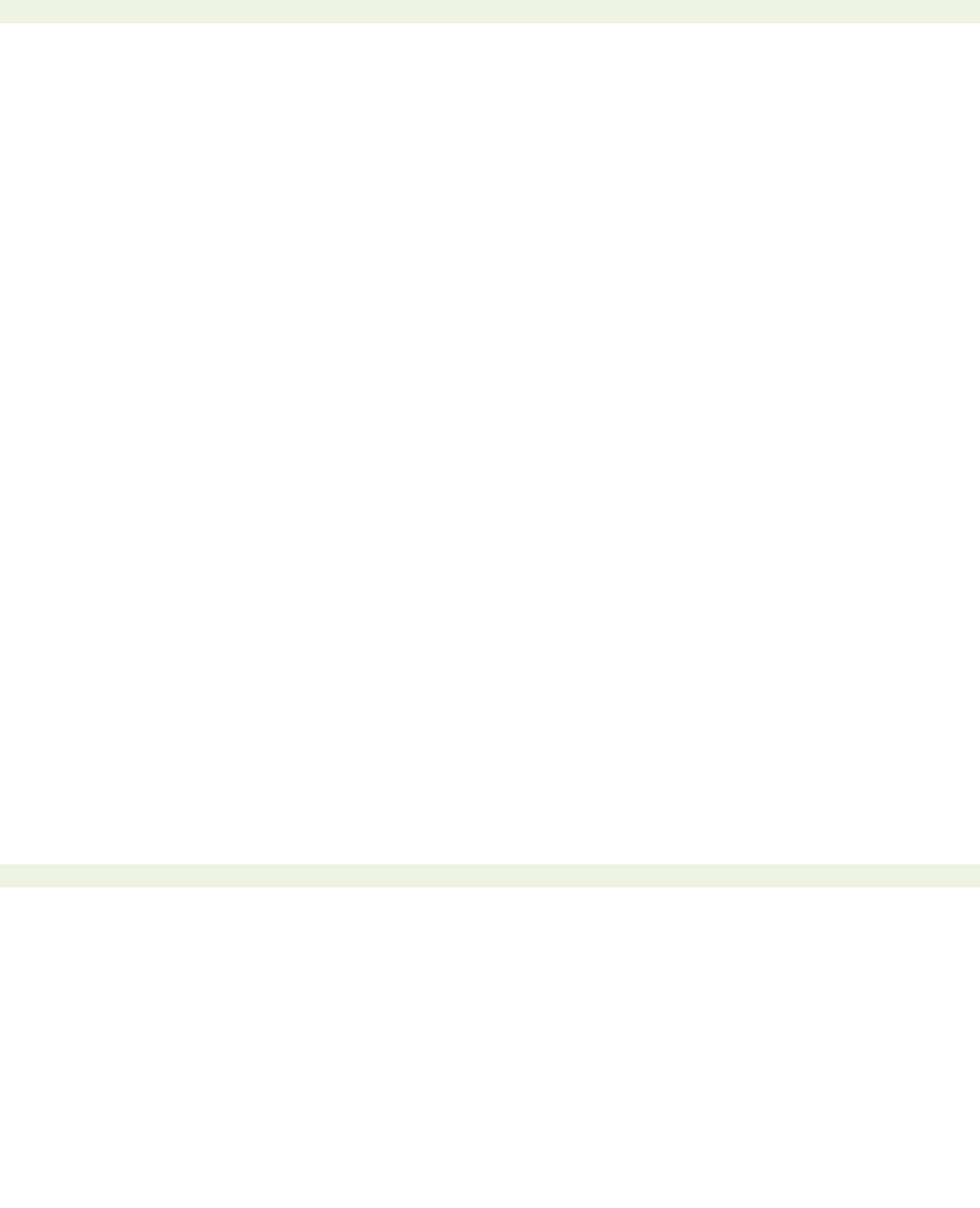
page_306
file:///C:/Users/User/AppData/Local/Temp/Rar$EX01.335/The%20War%20for%20America%20%201775-1783/files/page_306.html[1/17/2011 2:27:07 PM]
< previous page page_306 next page >
Page 306
2
A Case for Boldness
For Ministers burdened with the conduct of a great war, the political crisis was a heavy additional load. Their
health and energy were taxed by long nights of exhausting parliamentary debate, and in office hours their attention
was distracted by domestic problems. When Colonel Stuart arrived from America at the end of November he found
the American Secretary and his colleagues entirely occupied with Ireland, and had great difficulty in getting their
attention for Clinton's views on America.1 The war planning that autumn was done in a disruptive atmosphere of
political confusion.
But we must turn to the origins of the autumn planning in September. The approaching equinox heralded the end
of the crisis in home waters, and statesmen could lift their eyes from daily alarms and take a longer view. The
operations of the home fleet would soon be over, and fresh dispositions could be planned for the winter:
dispositions which would shape the war in distant theatres for a year to come. The need to plan was brought home
at the beginning of September by the return from the Leeward Islands of Admiral Barrington, radiating gloom
about the state of the fleet and broadcasting his view that every island which the enemy attacked would fall. A few
days later North invited the views of Sandwich on future naval operations, and of Germain on foreign policy and
strategy.
The Prime Minister thus appeared to take the initiative. But it is possible that he was prompted by the King, who
was pressing him hard at the time to settle the question of the vacant offices. King George was deeply worried by
the absence of leadership. 'The mode in which Cabinet meetings are now conducted distresses me very much', he
told Sandwich, 'and is the cause of numberless delays and ill-humour.' At any rate he did not intend to leave the
strategic enquiry to the exertions of North, and he stepped in to quicken the machinery. He wrote to Lord
Sandwich asking him to produce a firm plan within the week, which they could hammer out with Amherst before it
went to the Cabinet. He filled out the letter with a brief lecture on sharing responsibilities: Ministers should take a
firm part and risk something to save the Empire. Sandwich protested that he would never hang back; but Cabinet
questions should be brought to a decision, and then reduced to writing as they had been in the past. He told the
King that he had written to North recommending firmness and decision, and begging him to take the lead in the
Cabinet. Whatever North may have lacked, it was not advice.2
1 Wortley, 146 (misdated).
2 Sandwich, III, 97, 143, 164; Sackville, II, 1389; Butterfield, 70. Sandwich's virtuous protestation, however,
should be compared with the motive for the visit to Portsmouth from which he had just returned (see above p.
296).
< previous page page_306 next page >
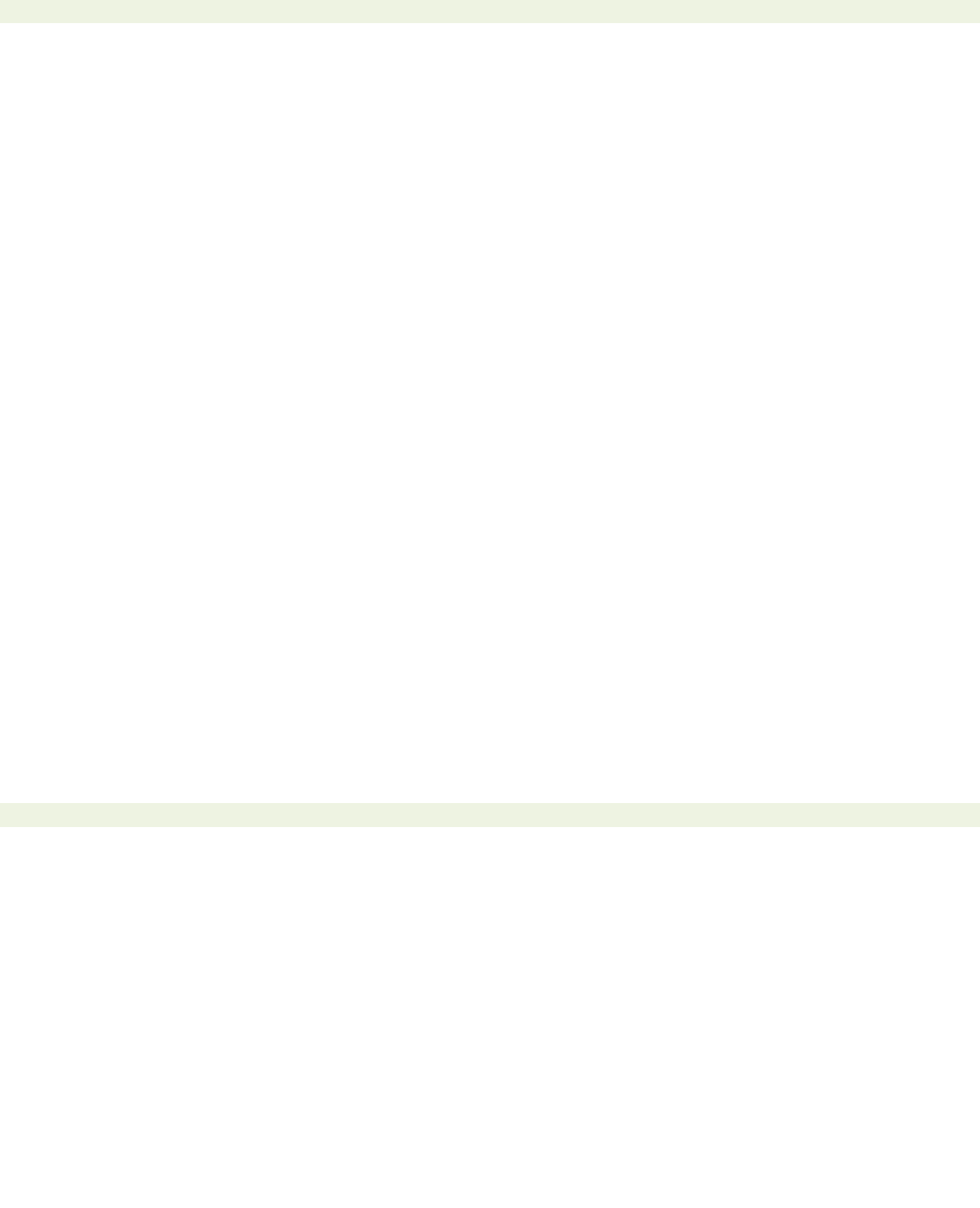
page_307
file:///C:/Users/User/AppData/Local/Temp/Rar$EX01.335/The%20War%20for%20America%20%201775-1783/files/page_307.html[1/17/2011 2:27:07 PM]
< previous page page_307 next page >
Page 307
The enquiry which followed was the first systematic review of strategy since the intervention of Spain three months
earlier. At that time it had been decided to hold on in America and to harass the Spaniards sporadically with local
forces in the Caribbean and the Gulf of Mexico. But these had been interim decisions taken under the shadow of
invasion. That danger was receding, and there would be some force in hand for a stronger policy.
The past summer had seen a gradual deterioration in the strategic situation: a narrowing everywhere of the margin
of safety. The effect of Spanish enmity had been most immediately apparent in the Channel. There disaster had
been staved off; but everywhere the pressure was slowly mounting. In the Mediterranean, Gibraltar was blockaded
and Minorca threatened. In the West Indies, St Vincent and Grenada had been lost, and the command of the sea in
the Leeward Islands had passed, if only temporarily, to the French. The next twelve months would see a gradual
stretching of British resources. In America the effort had reached its peak, and there could be no expansion; nor
was any change of plan proposed. The design of piecemeal reabsorption which Clinton had been given in January
1779 was the final one. No longer was each succeeding New Year to bring a revision: the course was set, and the
British army was marching on the road to Yorktown.
The Cabinet did not wholly share Barrington's alarm for the Leeward Islands, for d'Estaing had gone and was
supposed (though wrongly) to be returning to Europe. Nevertheless the Cabinet began to give the West Indies the
prior claim to reinforcements. On this there was general agreement. But on the scale of the effort two views
emerged: the cautious and the bold.
The case for boldness was put in a powerful memorandum by Middleton.1 He was convinced that the war could be
won only in the West Indies; that the whole of the Lesser Antilles were in peril; and that if Jamaica were lost the
entire war effort would be undermined. The defence of the islands had always rested on naval superiority. This had
been lost in the course of the summer; and unless ships could be found to restore it, a very large force of troops
would have to be sent to strengthen the garrisons. But Middleton preferred a bolder policy. The offensive had
always paid in the islands: 'to this we owe all our success in the last war'. If a large reinforcement was needed for
defence, a larger one could take the French base at Martinique and end the danger for good.
The proposal aligned Middleton with Germain and the King as an opponent of half-measures and over-insurance,
and its wisdom was shown by the recent loss of St Vincent in the presence of a superior British fleet. The King had
grasped the central truth of the British situation, that the
1 Undated version in Sandwich, III, 172; and a copy in CL, Shelburne, wrongly endorsed 'June 1779'.
< previous page page_307 next page >
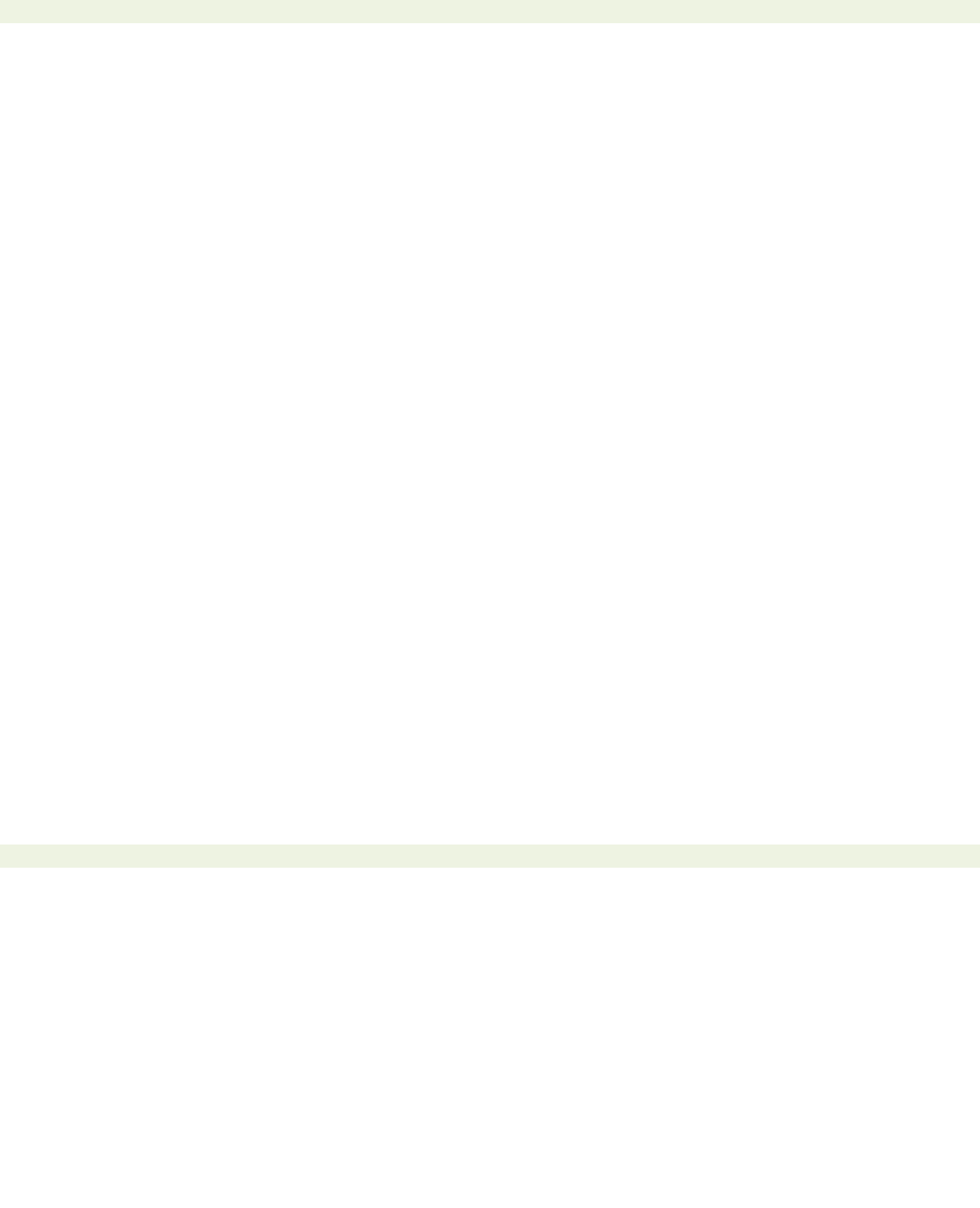
page_308
file:///C:/Users/User/AppData/Local/Temp/Rar$EX01.335/The%20War%20for%20America%20%201775-1783/files/page_308.html[1/17/2011 2:27:07 PM]
< previous page page_308 next page >
Page 308
threat of invasion at home must be boldly outstared: 'We must risk something, otherwise we shall only vegetate in
this war. I own I wish either to get through it with spirit, or with a crash be ruined.' Instead of keeping its battle
fleets in the Channel, the country must be willing to fight on the beaches; only thus could the ships be found to
save the West Indies and the initiative be restored to England. Germain shared his feelings: a tame defensive war
would be fatal.1
The opposition came, as the cautious view so often does in war, from the heads of the armed services. Amherst and
Sandwich still feared for the British Isles. Amherst favoured an offensive in the West Indies very strongly; yet his
strategist's instinct for seizing the initiative abroad struggled with his desire as Commander-in-Chief to hoard
troops in his own command. He would spare no troops from England: the offensive should be fed by Clinton, who
might switch troops southwards from Halifax and Rhode Island for the winter. He added that if Americans could be
persuaded to join in plundering and settling the Spanish islands, the foundations might be laid for a reconciliation
with the rebel colonies: precisely the scheme which the French had professed to fear from the start of the
rebellion.2 The King, however, took the wider view. Troops should be spared from home; and if the enemy fleet in
Brest dispersed, the operation of reinforcing the West Indies should be combined with the relief of Gibraltar and
Minorca.
But Amherst's doubts were echoed by Sandwich. The First Lord's attention was still riveted on the English
Channel; and when his views were called for he was actually at Portsmouth trying to hurry Hardy's fleet to sea. His
answer was a long apologia for the navy's weakness. He admitted that the condition of the Leeward Islands fleet
was deplorable, and Jamaica in deadly peril; but he would spare no ships till the Channel operations were over.
Like Amherst he could only suggest detaching ships and troops from America; and as for Gibraltar, they would
have to try their luck with a small convoy or single ships running the Spanish blockade. 'We ought in my opinion
to husband our strength and employ it only on those services which are of the most importance, and have a
probability of being attended with success.'3
'The most important services' were precisely the question of strategic priorities on which the advocates of the
offensive based their case. But in this war the departments too often overbore the Cabinet. Sandwich returned to
London bearing a promise from Hardy to sail as soon as possible; and though the Admiral put off the moment as
long as he could, he was ordered out to the mouth of the Channel early in October on intelligence that the
1 Sandwich, III, 143; G 2773; Sackville, II, 1412.
2 Add. MSS. 38212, f. 96; G 2780.
3 G 2776.
< previous page page_308 next page >
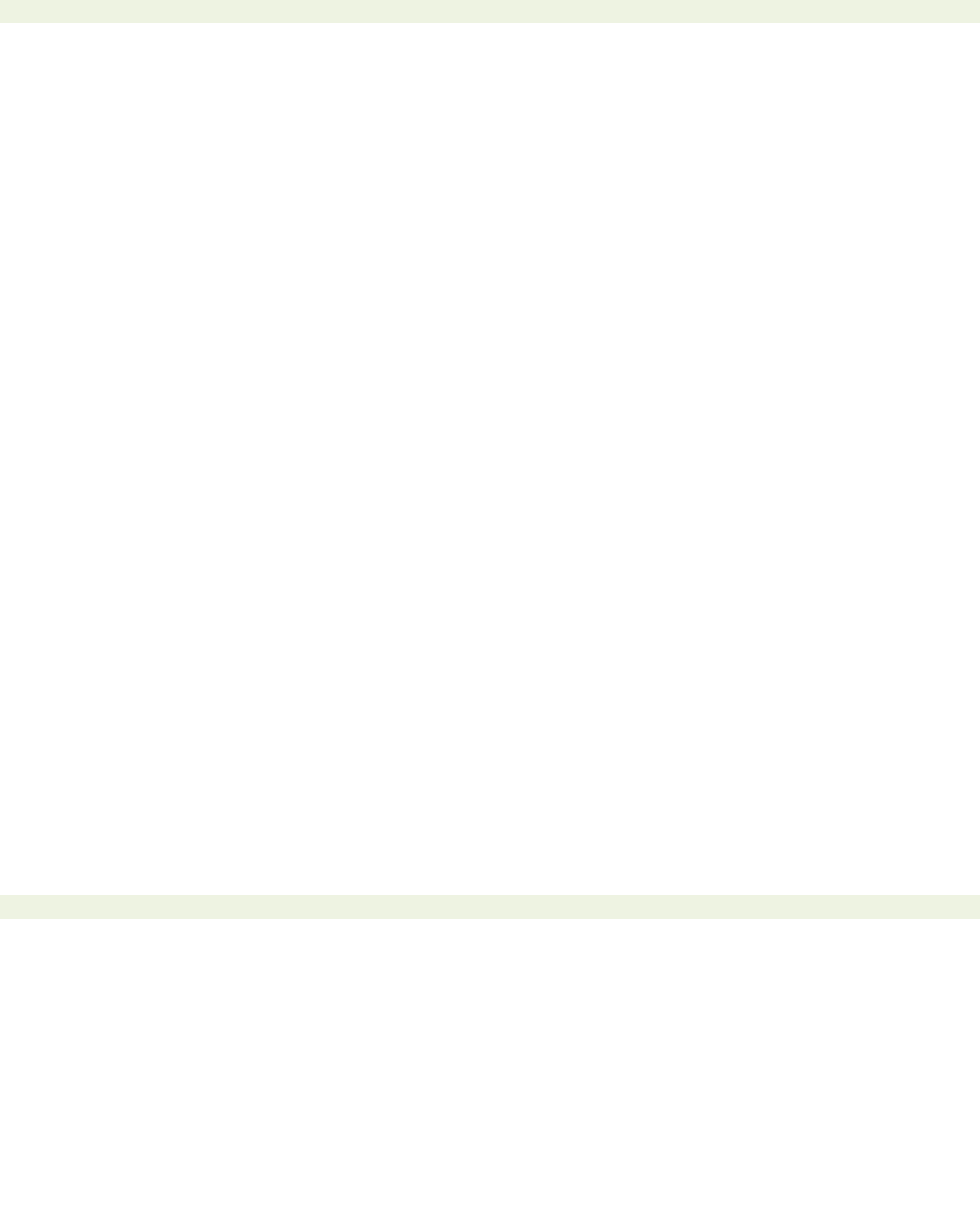
page_309
file:///C:/Users/User/AppData/Local/Temp/Rar$EX01.335/The%20War%20for%20America%20%201775-1783/files/page_309.html[1/17/2011 2:27:08 PM]
< previous page page_309 next page >
Page 309
enemy were lying in the inner roads at Brest.1 Till the middle of November forty sail of the line were cruising to
cover the inbound trade, a mission more fit for frigates and a few coppered two-deckers.
This autumn cruise was ordered in the teeth of the Comptroller's advice. When the winter's strategy was first
debated, Middleton had implored Sandwich not to prolong the Channel operations, but to bring in the foulest ships
at once and leave the seas to a fast coppered squadron. He reminded him how Keppel's autumn cruise in 1778 had
retarded the preparations in the spring, and that unless the refits could be spread over the winter the Navy Board
would be swamped and the same delays repeated.2 And more than this: till the Channel fleet was recalled,
Gibraltar and the West Indies could not be succoured. Whether Sandwich acted from fear of an increasingly
unlikely invasion, or dread that the loss of a convoy might further weaken his political position, the decision to
prolong the Channel operations was evidently his own. A strong Prime Minister or Secretary of State was needed
to overrule the partial views of the Service Ministers. North by temperament and Germain from his political
solitude were unable to give the lead.3
3
The Rodney Expedition
The views of the war ministers were laid before the Cabinet on 16 September, and a compromise plan was
accepted. As Amherst and Sandwich had urged, the West Indies were to be strengthened in the first instance from
North America by ordering Arbuthnot to detach three ships of the line. Four ships of the line which were preparing
for service in England would be sent under Rodney to throw a convoy into Gibraltar and proceed to the Leeward
Islands; and when the Channel fleet returned from its cruise (which Sandwich said could not be till two months
from its sailing date) five or six more coppered ships would follow them. The total reinforcement of ships should
thus be at least a dozen. For military reinforcements the Cabinet also turned in the first instance to America:
Clinton should be ordered to send what he could spare. But at all events 5,000 men should be sent, and if Clinton
could not find them, the Cabinet would have to consider later what troops might be sent from England with the
Channel ships.4
This plan was agreed in an atmosphere of tempered optimism; for if d'Estaing really returned to Europe, the British
fleet in the Leeward Islands would enjoy a powerful superiority in the winter. About the 25th, however,
1 Adm. 2/1336, f. 62.
2 Sandwich, III, 177.
3 Anson had insisted on autumn cruising in 1759, but the object was blockade and battle, not the aimless
cruising which was all that Hardy could attempt.
4 G 2776, 2781. At this point the Cabinet was unaware of Clinton's intention to attack Charleston.
< previous page page_309 next page >
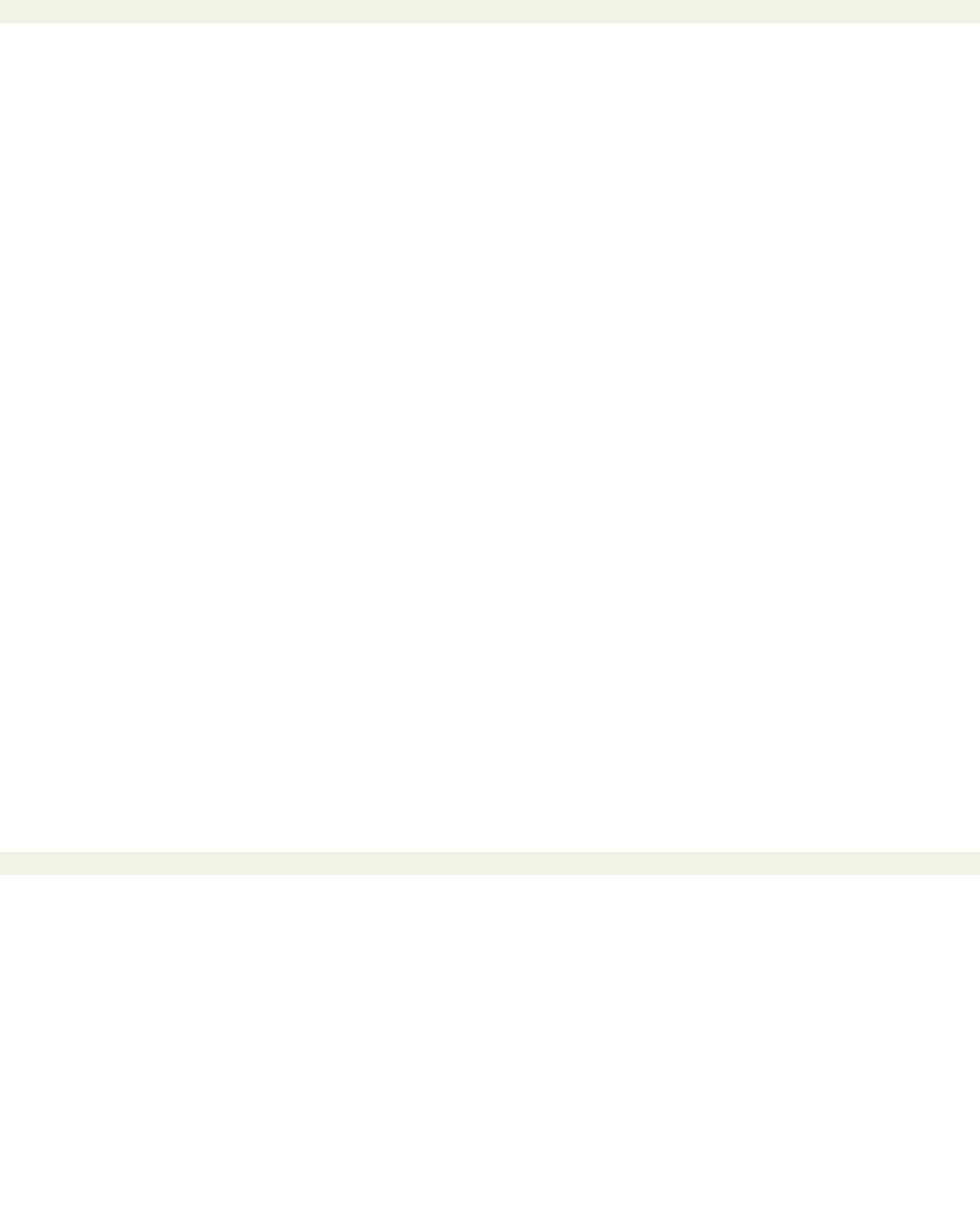
page_310
file:///C:/Users/User/AppData/Local/Temp/Rar$EX01.335/The%20War%20for%20America%20%201775-1783/files/page_310.html[1/17/2011 2:27:08 PM]
< previous page page_310 next page >
Page 310
intelligence arrived from the Channel Islands that, far from coming home, d'Estaing's fleet had gone north from the
Lesser Antilles to San Domingo and probably from there to America. A merchantman spoken off Beachy Head
confirmed the news; and though North remained sceptical, Germain faced the reality: if d'Estaing was at San
Domingo, Jamaica was in peril.1 He was in no panic, for he doubted if the French troops at San Domingo could
conquer Jamaica before relief arrived; and in the meantime Grant and Byron could profit by d'Estaing's removal
from the Leeward Islands to take the offensive as they had been ordered.2
Nevertheless Germain anticipated an uproar at home. Urging Clinton to spare troops for the West Indies in the
winter, he added: 'Such a mark of attention to the security of the sugar colonies would give great pleasure to all
ranks in this country.' He was right. The London sugar interest was in arms against and clamouring for immediate
and effectual protection. The merchants reasoned from the loss of St Vincent and Grenada that a naval force alone
was not enough, and demanded a large reinforcement of troops for Jamaica. But the government's attempts to
soothe their fears ran into an embarrassing obstacle. When ships had been engaged and provisioned for a large
draft of recruits, Amherst disavowed the War Office's instructions, and stood the fire of the whole Cabinet by
refusing to send more than 200 men.3
Worse was to follow. On 8 October a report arrived from France that 6,000 troops were embarking for the
Caribbean. So alarmed was William Knox that he composed a memorandum for Germain which he headed
momentously 'Peace or War'. He argued that unless ships and troops could be spared immediately from home
defence to reinforce the West Indies England could not face another campaign against the combined power of the
Bourbons. If help could not be sent at once, there was only one thing to do: England must buy a separate peace
with Spain.4
Soon after he received this note, Germain made an overture to Madrid; and we shall see that Knox's paper
signalled an important strategic development. In the meantime preparations to help the islands began. A battalion
was ordered to embark in the next Jamaica convoy; and on the day after Knox had written his memorandum
Germain ordered the Admiralty to prepare 10,000 tons of shipping within a month; evidence perhaps that the
Leeward Islands were now thought too vulnerable to be left to Clinton's
1 Sandwich, III, 145; G 2786; CL, Clinton, 28 Sept. from de Grey; Sackville, II, 145; Knox, 162.
2 CL, Germain, 8 Oct. to Gov. Burt.
3 CL, Germain, 27 Sept. to Clinton; 30 Sept., 15 and 18 Oct. from West India interests; CO 137/75, ff. 64, 100,
12831; WO 34/232, p. 58; Knox, 163.
4 CL, Knox, IX, 28 (memo of 14 Oct.).0
< previous page page_310 next page >
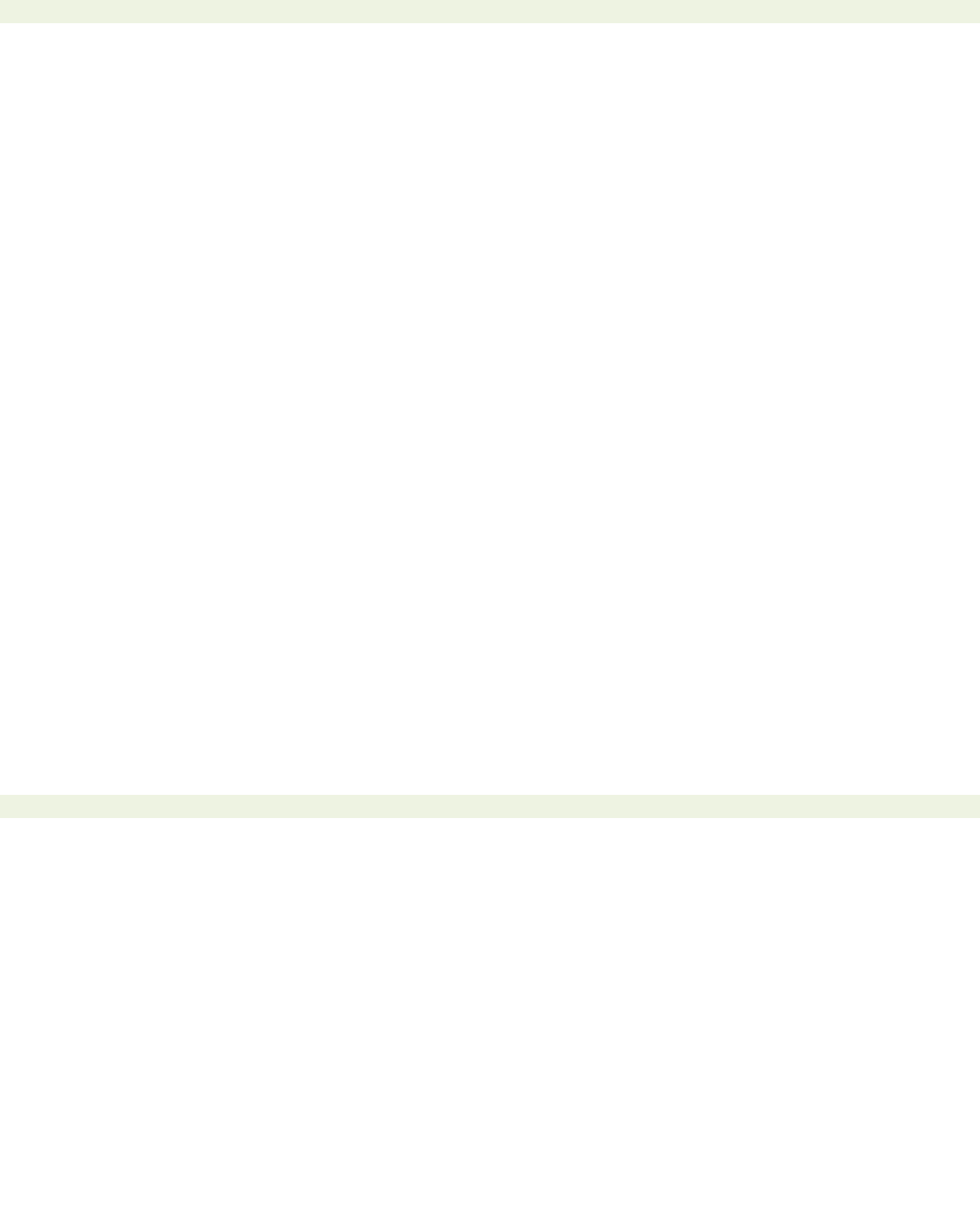
page_311
file:///C:/Users/User/AppData/Local/Temp/Rar$EX01.335/The%20War%20for%20America%20%201775-1783/files/page_311.html[1/17/2011 2:27:09 PM]
< previous page page_311 next page >
Page 311
care.1 Nevertheless the assembly of the relief proceeded with painful slowness. The first intelligence that the
Combined Fleet was dispersing arrived about 20 October by a ship bound from Oporto to Ireland; and a week later
the Cabinet asked Sandwich to produce his plan to relieve Gibraltar, and ordered secret preparations to be pushed
on with all speed under cover of the West India reinforcement.
The great convoy with which Rodney was to relieve Gibraltar and the West Indies consisted of three separate parts:
storeships and a battalion of troops for Gibraltar; the outward bound Jamaica trade, in whose ships the merchants
had found room for a battalion and recruits to strengthen the island; and a battalion for the Leeward Islands, the
first échelon of a larger force whose commander, General Vaughan, sailed with the convoy. The plan proposed by
Sandwich was that Rodney should detach the West India shipping with a frigate escort at a safe distance from
Brest, and proceed himself with the Gibraltar transports to the Straits. After forcing the Spanish blockade, he
should leave the convoy to unload, and proceed with his squadron to the West Indies.
The escort to Gibraltar was at first intended to consist of Rodney's four ships of the line, with a fifth which would
be dropped at Gibraltar to meet the homeward trade. But Sandwich rightly feared on reflection that five ships
would not be enough to break the blockade, and suggested that Rodney should be accompanied as far as the Straits
by a detachment from the Channel fleet. This was approved with the rest of the plan at a Cabinet meeting on 4
November. But the decision had serious implications for the timetable. If the expedition was not to be held up, the
Channel ships would have to be brought in at once to prepare; but unhappily a frigate had returned a few days
earlier from reconnoitring Brest, and reported that the Combined Fleet still intended an invasion. In spite of the
advancing winter and the probability that some of Cordoba's ships had already gone home to Cadiz, the Cabinet
agreed not weaken the Channel fleet. More weeks were lost before intelligence arrived from Brussels on 20
November that the French invasion army was to disperse. At last the Admiralty acknowledged the improbability of
invasion and recalled the Channel fleet. Seventeen sail of the line under Admiral Digby began their preparations to
accompany Rodney to Gibraltar.2
It would be wrong to omit the Prime Minister's contribution to these
1 CO 5/254, f. 151.
2 CL, Germain, 20 Oct.; Sandwich, III, 1858; G 2837; WO 34/120, f. 140; WO 34/232, ff. 5960; Adm. 2/1336,
f. 68. The Combined Fleet was reported to have disarmed ten sixty-fours, but only in order to complete the
crews of their larger ships (WO 34/186, f. 75).
< previous page page_311 next page >
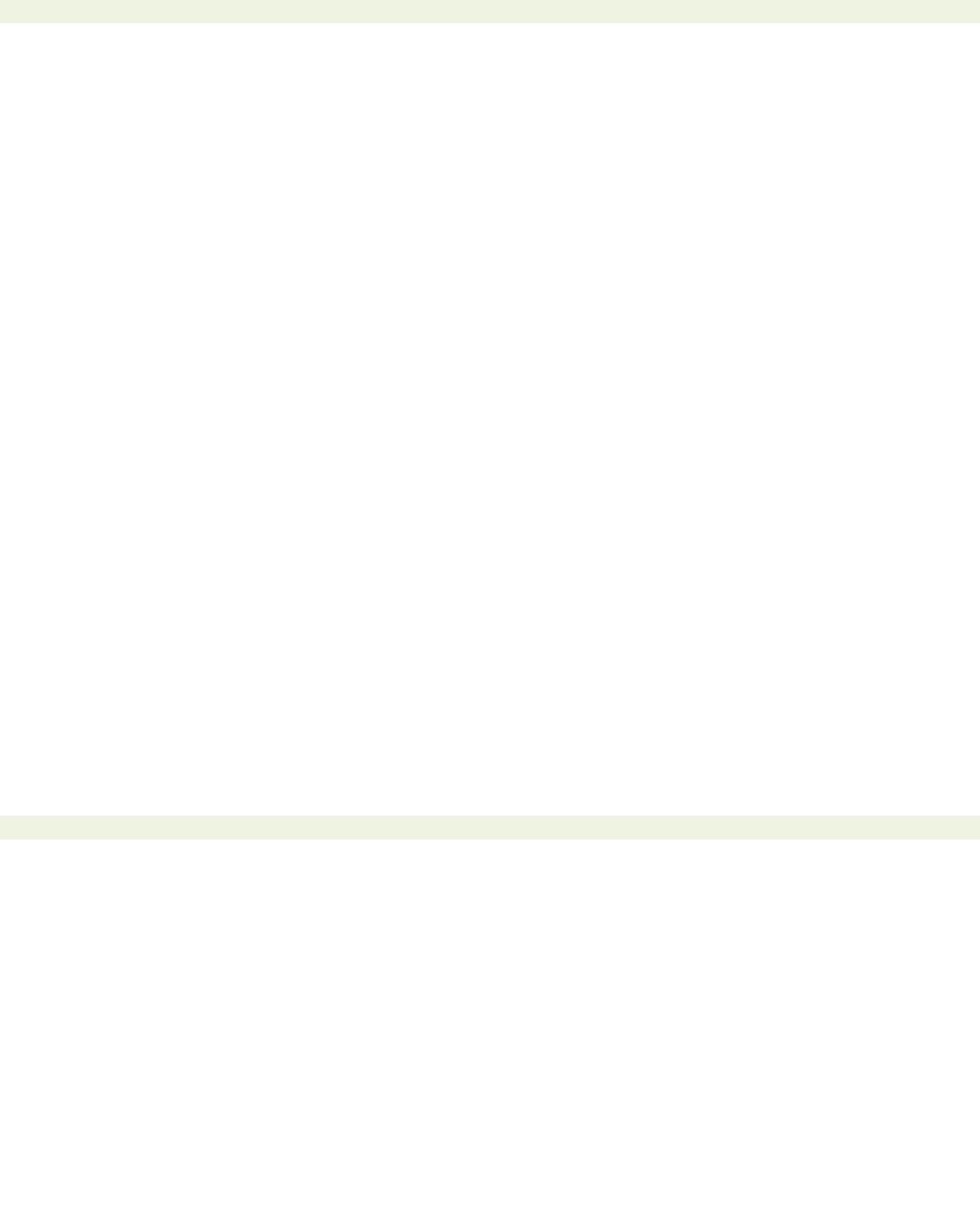
page_312
file:///C:/Users/User/AppData/Local/Temp/Rar$EX01.335/The%20War%20for%20America%20%201775-1783/files/page_312.html[1/17/2011 2:27:09 PM]
< previous page page_312 next page >
Page 312
arrangements. Money was needed to pay the Gibraltar garrison; but the army's grants for the year were exhausted,
and a large number of bills drawn by the troops in America were due for payment before the meeting of
Parliament. After much fussing the Treasury resolved the difficulty by borrowing from the civil list. This shuffling
of accounts is North's only recorded intervention in the planning which followed his initial call for ideas. He did
suggest timidly that Paul Jones's raiders in the Texel should be watched by a superior force; but this was so ill
received by Sandwich that he hastily disavowed the idea and attributed it to Robinson.1
Rodney's force was slowly gathering on the south coast. To prevent a leakage, the troops and stores for Gibraltar
were embarked under orders from the American Department as though for the West Indies, whither the pay for the
Gibraltar garrison was also consigned. No officers belonging to the regiments at Gibraltar were sent with the
convoy; and even the coal for the garrison was not procured directly from the usual Gibraltar contractor. Rodney's
open orders were for the Leeward Islands, and the whole Gibraltar convoy was to be diverted at sea by sealed
orders from the Southern Department. These precautions were so carefully followed that Amherst feared that the
regiment for Gibraltar would be carried off to the Caribbean. Yet he need not have feared: Rodney's destination
was widely reported in Portsmouth.2
Rodney was suffering from gout, and his comments on the dockyard were biting. Early in December he went out to
Spithead in his flagship Sandwich. She was a veteran of the Seven Years War, and her main battery had been
reduced from 32- to 24-pounders. Her fitting-out had been negligent, and neither officers nor men could sleep dry;
but Rodney hotly (though privately) refuted the Opposition's contention that she was unfit for service. He was
anxious to be off. Spithead was all noise and hurry, he told his wife: there was not a fraction of the trouble and
work at sea.
All this time unpleasant though contradictory rumours of the enemy were flying about. D'Estaing was said to have
left the West Indies for America, which was the truth; but a Bristol privateer brought news that he had attacked
Jamaica. Down at Bath Knox exhausted his lungs in combating the story; but in London there was no escaping the
clamour. On 8 December a meeting of Jamaica planters and merchants petitioned for a strong Jamaica squadron,
pointing out the island's inability to get a message to windward to the Lesser Antilles if the French attacked.
Germain promised that every-
1 G 2817, 2836; Sandwich, III, 108.
2 G 2836; CO 318/6, 6 Dec.; Adm. 2/108, 8 Dec.; Adm. 2/1336, 9 Dec.; Sandwich III, 185 n.; Knox, Extra-
Official State Papers, I, 1516.
< previous page page_312 next page >
